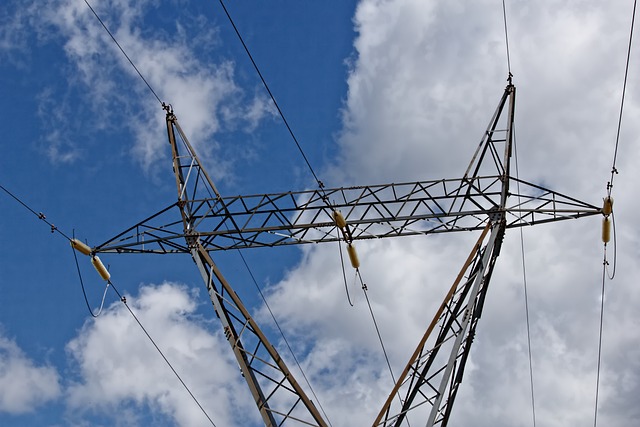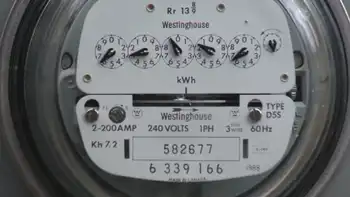Hydro-Quebec In Electric Car Joint Venture
MONTREAL -- - Hydro-Quebec, the Canadian power utility, said it will team up with French companies Dassault and Heuliez to produce a low-pollution electric vehicle.
The cars will be powered by technology developed by Hydro-Quebec, one of North America's largest electricity producers and distributors. No financial details were released.
"I am personally convinced of the future of electric vehicles," the utility's president and chief executive, Andre Caille, said in a statement sent to Reuters.
Caille said Hydro-Quebec had developed expertise over the past 10 years in manufacturing an electric vehicle drive system. The utility invested in developing an electric car in the 1990s but retreated because the venture did not seem financially viable.
The Montreal-based utility, owned by the Quebec government, said it will deal with France's SVE (Societe de Vehicules Electriques), mainly owned by Groupe Industriel Marcel Dassault -- the founding family of French aircraft maker Dassault Aviation -- and Groupe Henri Heuliez.
Hydro-Quebec said it will provide the vehicle's power system, including the electric drivetrain and the lithium-metal-polymer (LMP) battery. It added that Dassault and Heuliez were completing the electric vehicle prototype, which will be unveiled in a few months.
The first markets targeted are commercial and institutional fleets in Europe and North America.
Hydro-Quebec said the electric car would also help the province curb greenhouse gas emissions, as required under Kyoto Protocol, with Canada ratified late last year.
The international Kyoto agreement aims to reduce climate-changing emissions from the developed world, which account for the overwhelming bulk of pollution, to below 1990 levels by 2012.
Around 100 countries have ratified the protocol but Australia and the United States have remained outside the agreement.
Related News

What to know about the big climate change meeting in Katowice, Poland
WARSAW - Delegates from nearly 200 countries have assembled this month in Katowice, Poland — the heart of coal country — to try to move the ball forward on battling climate change.
It’s now the 24th annual meeting, or “COP” — conference of the parties — under the landmark U.N. Framework Convention on Climate Change, which the United States signed under then-President George H.W. Bush in 1992. More significantly, it’s the third such meeting since nations adopted the Paris climate agreement in 2015, widely seen at the time as a landmark moment in which, at last, developed and developing countries would…




